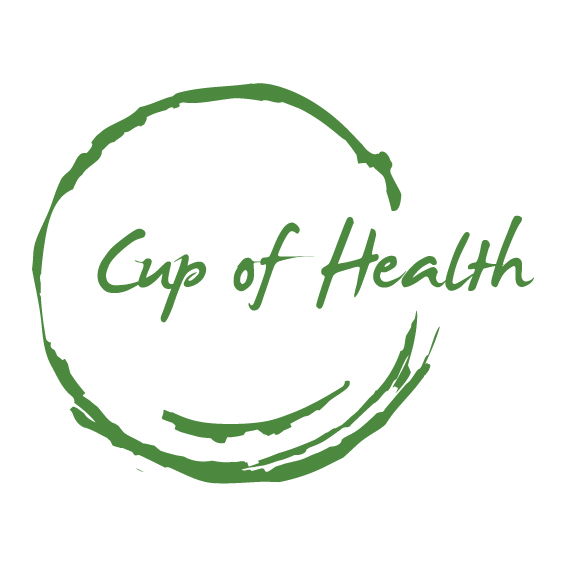Nutrition and Breast Cancer Prevention: The Power of Your Plate
Breast cancer is one of the most prevalent cancers affecting women worldwide. While various risk factors contribute to its development, including genetics and lifestyle choices, nutrition plays a significant role in breast cancer prevention. By making mindful choices about what you eat, you can empower yourself in the fight against this disease.
1. Embrace a Plant-Based Diet:
Fruits, vegetables, whole grains, legumes, and nuts form the foundation of a plant-based diet, which is rich in antioxidants, fiber, and nutrients. These foods can help protect your cells from damage and inflammation, reducing the risk of breast cancer.
2. Color Your Plate:
Incorporate a variety of colorful fruits and vegetables into your meals. These vibrant foods are packed with phytonutrients that promote health. For instance, the antioxidant lycopene in tomatoes and the flavonoids in berries have been linked to reduced cancer risk.
3. Choose Healthy Fats:
Opt for monounsaturated and polyunsaturated fats, like those found in avocados, nuts, seeds, and olive oil. These fats support overall health and may reduce inflammation, which plays a role in cancer development.
4. Limit Red and Processed Meats:
High consumption of red and processed meats has been associated with an increased risk of breast cancer. Try to limit these foods and consider leaner protein sources like fish, poultry, and plant-based proteins such as tofu and legumes.
5. Get Adequate Vitamin D:
Vitamin D is essential for bone health and may also play a role in cancer prevention. Exposure to sunlight and incorporating vitamin D-rich foods like fatty fish, fortified dairy, and eggs into your diet can help maintain adequate levels.
6. Stay Hydrated:
Proper hydration supports overall health, and some studies suggest it may help reduce the risk of breast cancer. Aim for at least eight glasses of water a day and limit sugary beverages.
7. Moderation in Alcohol Consumption:
Excessive alcohol intake is linked to an increased risk of breast cancer. If you choose to drink, do so in moderation, with one drink per day for women as a guideline.
8. Maintain a Healthy Weight:
Obesity is a risk factor for breast cancer, particularly after menopause. A balanced diet, portion control, and regular physical activity can help you achieve and maintain a healthy weight.
9. Limit Processed Foods:
Processed foods often contain additives, preservatives, and unhealthy fats that can contribute to cancer risk. Aim to minimize your intake of packaged and processed foods.
10. Stay Informed:
Nutrition science is continually evolving, and new research emerges regularly. Stay informed about the latest findings and consider consulting a registered dietitian or nutritionist for personalized guidance.
Remember that a healthy diet is just one aspect of a holistic approach to breast cancer prevention. Regular screening, physical activity, stress management, and avoiding tobacco are also vital components of a comprehensive wellness strategy.
By making informed and nutritious choices in your daily life, you can significantly reduce your risk of breast cancer. Embrace the power of your plate to nourish your body and protect your health.

